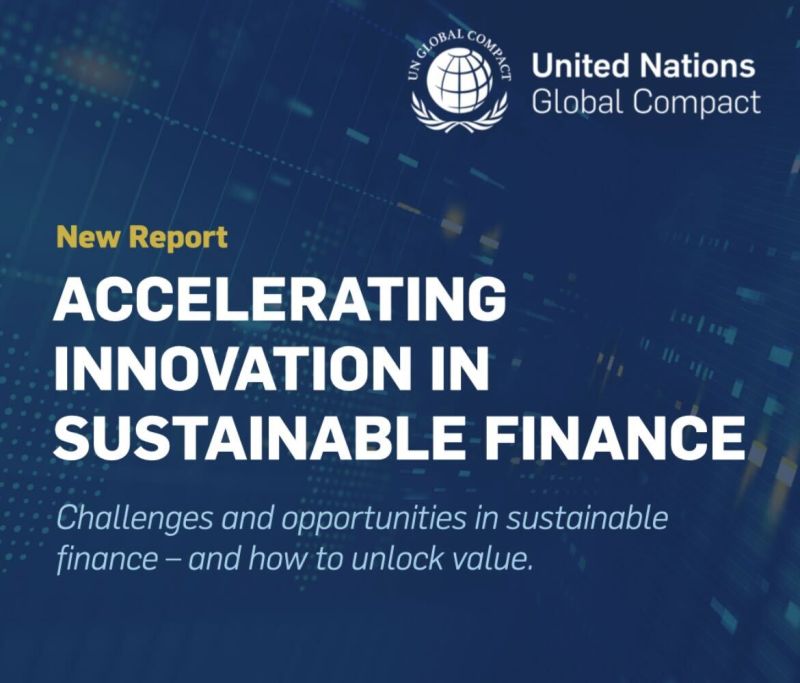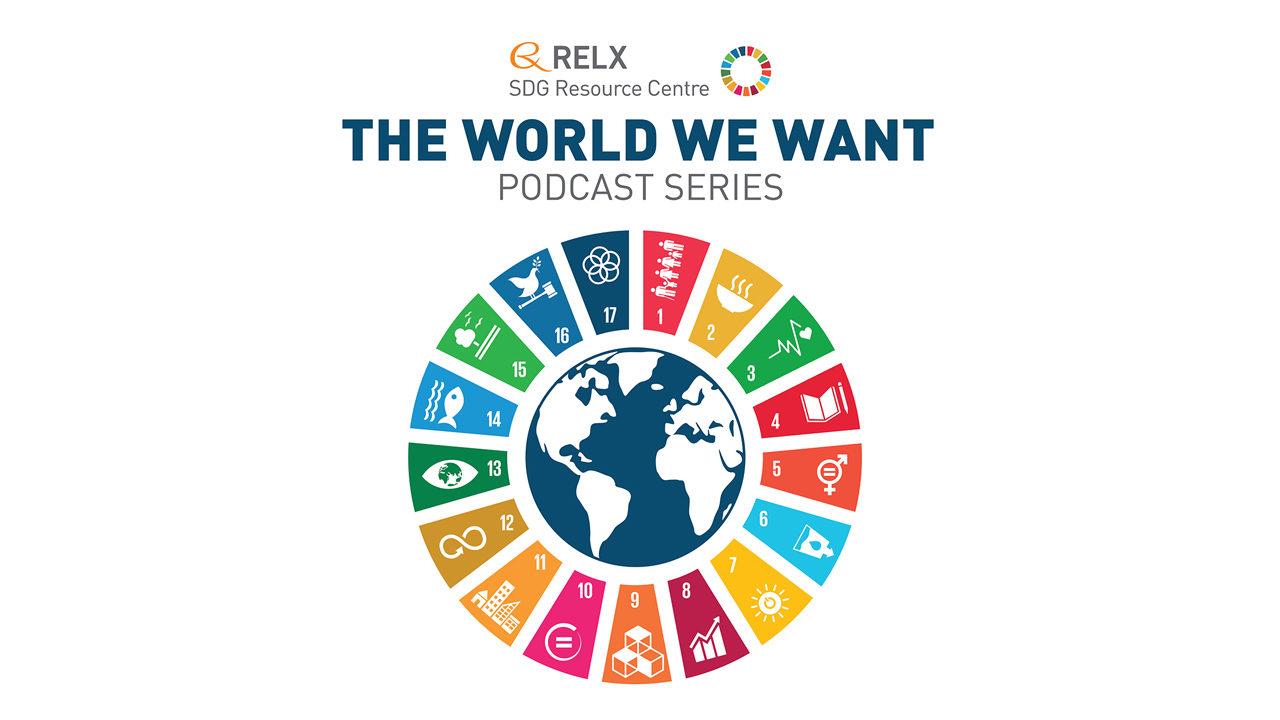The financial sector plays a pivotal role in the achievement of the Sustainable Development Goals (SDGs). Introduced by the United Nations in 2015, the SDGs represent a blueprint for achieving a better and more sustainable future for all by addressing critical global challenges, including poverty, inequality, climate change, and environmental degradation. But the accomplishment of these goals requires substantial resources. The United Nations Conference on Trade and Development (UNCTAD) estimates that achieving the SDGs could require investments of $5-7 trillion per year. As such, the financial industry's role is indispensable.
One of the main ways in which finance connects to the SDGs is through the provision of the necessary funding to achieve these goals. This can take several forms, including direct funding from banks and financial institutions, impact investment, which aims at generating social and environmental impact alongside a financial return, and innovative financial mechanisms such as green or sustainable bonds.
Moreover, SDG 17 explicitly recognises the role of finance, calling for strengthening the means of implementation and revitalising the global partnership for sustainable development. It seeks to mobilise additional financial resources for developing countries from multiple sources and promote a universal, rules-based, open, non-discriminatory, and equitable multilateral trading system under the World Trade Organization.
Furthermore, financial institutions can adopt sustainable practices in their operations, contributing to several SDGs. For example, by offering financial services to unbanked or underbanked populations, financial institutions can contribute to SDG 1 (No Poverty) and SDG 10 (Reduced Inequalities). Similarly, by adopting sustainable investment criteria, financial institutions can foster sustainable industries, thereby contributing to SDG 9 (Industry, Innovation, and Infrastructure) and SDG 12 (Responsible Consumption and Production).
Finally, finance plays a role in managing the economic risks associated with sustainability challenges. For instance, by taking into account environmental, social, and governance (ESG) criteria in their risk assessments, financial institutions can help mitigate the financial risks associated with climate change and other environmental and social threats.
However, integrating sustainable development into the financial sector also entails challenges. These include the need for a better understanding of the financial risks and opportunities associated with sustainable development, the need for enhanced disclosure and transparency around sustainable finance activities, and the need for more consistent and standardised sustainable finance taxonomies and metrics.
Engaging in philanthropic activities is being pursued by many well-established supply chains. Donations are a form of charitable activities that not only promote the social responsibility of a corporation but also enhance its public image, which in turn creates more benefits for the supply chain. Prosocial preferences of customers are considered the primary drivers that persuade supply chains to donate. In this chapter, various donation programs within supply chains are introduced, and the challenges associated with them are briefly discussed.
The UNGC's latest report on “Accelerating Innovation in Sustainable Finance” offers models for businesses on how to deliver financial returns and positive global impact – together.
Encyclopedia of Libraries, Librarianship, and Information Science, Volume 3, 2025, Pages 128-132
Philanthropic giving has a long history in libraries and remains a source of critical funding. Cultivating giving from individuals through fundraising expands the reputation of libraries and can relieve some of the strain from the decline in funding from traditional funding sources such as from government and, in the case of academic libraries, higher education institutions.
This chapter aligns with SDG Goals 7 and 13 by exploring how project finance is a major way in which renewable energy projects are financed.
Corporate social responsibility (CSR) is perceived as a valuable practice by business organizations to demonstrate their commitment towards social, economic, and environmental causes, and it actively contributes towards the well-being of the community at large. CSR as an ethical practice has gained considerable attention in the last decades as it contributes to sustainable development and maximizing organizations business performance. It reflects the top management’s vision and values and thereby also allows the firm to differentiate itself from its competitors.
This chapter aims to provide a thoughtful and balanced scientific review and analysis of financial philanthropy gaps and impediments to global public health security, provide a vision of an improved approach, and suggest actions to mitigate infectious disease pandemics. Despite improvements, significant gaps and difficulties exist in global pandemic preparedness measures; only about one-fourth of countries in the world could sufficiently prevent, detect, and respond to public health emergencies.


